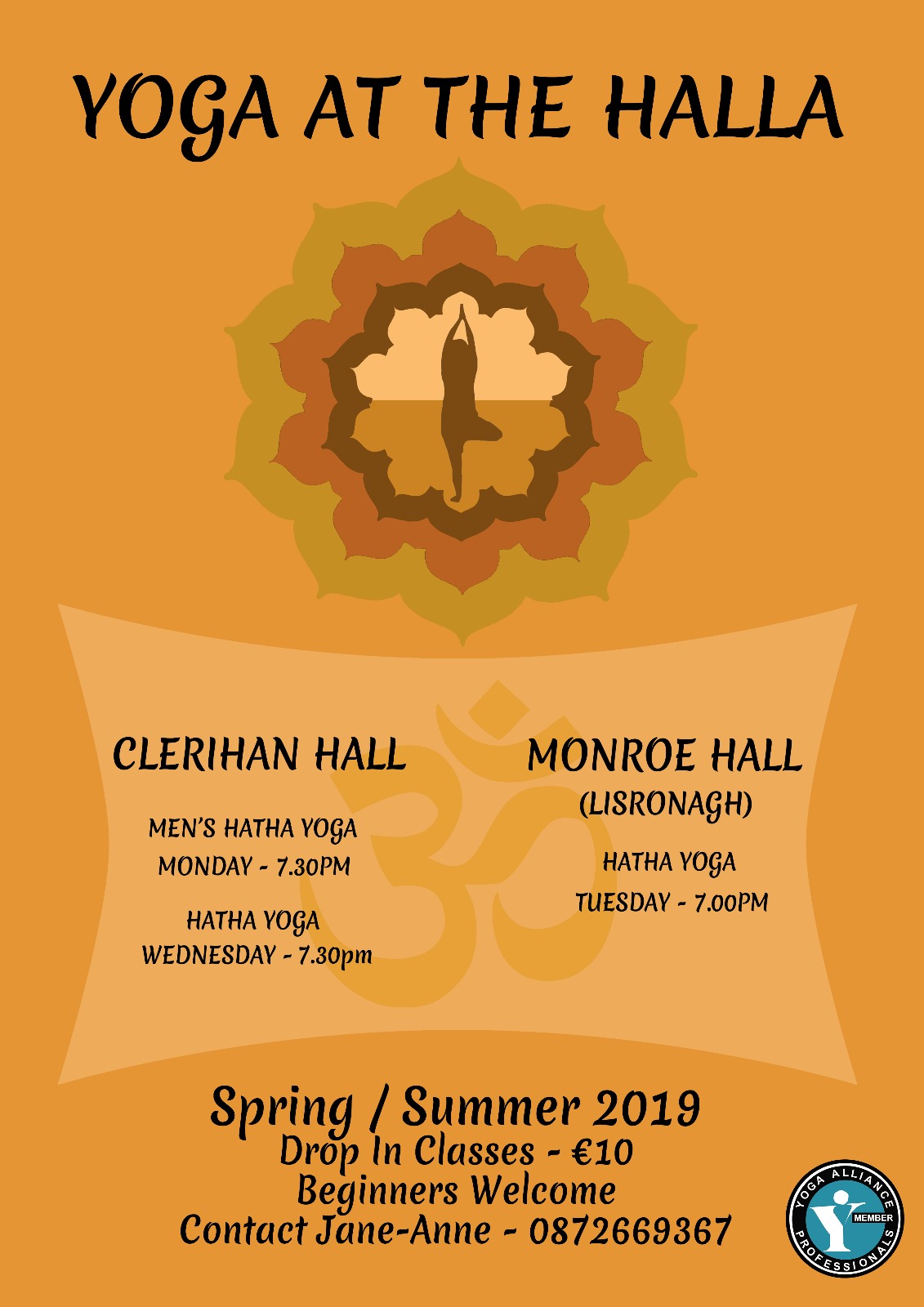RK Vocal Studio
What you need to know before choosing a singing teacher!
Thursday, March 28, 2019 by Rebecca Keogh | singing lessons
-1.png)
When a potential student or parent of a student calls to enquire about singing lessons, they usually ask where I’m based, when I’m available, and how much I charge. They are all useful questions to ask, but don’t tell them anything about what type of training they will receive in the lessons. This is probably because they don’t know what options are available to them.
Lessons should be tailored to each students needs. So it is useful to write a list of what your needs are before making that call. They might include things like developing your musical ear (singing in tune), help with breath management, confidence building, growing your setlist, and expanding your range. Knowing what you want from a lesson will help your teacher tailor lessons to your needs and gives you clear goals and objectives to work towards.
Choosing a teacher that matches your needs
.png)
Most teachers start out as performers or are straight out of college and end up teaching. But there are a few things you should find out before deciding if the teacher is for you. For example; Are they classically trained or have they studied contemporary singing? (This is important as they are completely different in style and technique.) Do they have some knowledge of vocal pedagogy? (how the voice works) Have they had any singing teacher training? Just because someone can sing well or has studied voice doesn't mean they know how to diagnose voices and doesn’t mean they will make a good teacher.
There are benefits to any relevant experience your teacher may have. For example; if you are a singer looking to start a band, find a teacher who has experience singing in bands. They will have a tonne of useful information to pass on to you like performance skills, microphone techniques, and stage presence. Or if you are a leaving cert student needing help with music theory or a budding songwriter, a teacher who has studied music theory can help you. Or if you struggle with confidence, find a teacher who is upbeat with a background in performance. They will be able to pass on lots of tips and tricks to help build you up. It is useful to know that not all teachers are the same.
Ask for a trial lesson before committing to a block of lessons. This will help you decide if lessons with this particular teacher are for you. Most teachers will have a bio on their website which will have some information about their background and experience. Anything else you can ask when you call.
Singing lessons for Kids
When to enrol your child in singing lessons?
It might seem like a good idea to enrol your child as soon as they start showing interest in singing. But this is not always successful as they may be too young for singing lessons. I tend to take kids from 7 years old for 1 to 1 lessons, as at this age they are more aware and able to take instruction, but some teachers will take them younger. The focus of the lessons depends on what the needs of the child are. Most kids just want to learn songs, but it is important to include technique to help with the development of their voice. Group classes are a great option for kids who are not quite ready for 1 to 1 lessons.
Here are a list of things that may be included in 1 to 1 lessons;
- Vocal technique (scales/technical exercises)
- Breath management
- Learning songs in a variety of styles
- Ear training (learning to sing in tune/identifying major/minor sounds etc)
- Practice memorising songs
- Performance coaching (confidence building/stage presence/microphone technique etc)
- Diction
- Developing general musicality (rhythm/harmony/dynamics etc)
Here are a list of things that may be included in group classes;
- Vocal warm ups
- Learning new songs in a variety of styles
- Harmony
- Rhythm
- Learning to blend as a group
- Performance coaching
- Developing general musicality
- Diction
- Ear training
- Learning social skills
Singing lessons for Teens & Adults
The focus of lessons can vary greatly among students. It really depends on your reasons for signing up for lessons. I work with a lot of teenagers who are doing music in school and are preparing for junior or leaving certificate practicals. These lessons will focus on the vocal performance of the songs they are doing in school. We will work on things like dynamics, lyric meaning, performance and vocal technique. The goal is to get them ready for their exams. I also have a number of students preparing for Rockschool vocal grades. So the focus of lessons will be on getting them prepared for their exams. That includes preparing songs, technical exercises and general musicianship questions. Then there are the students who are not preparing for any exams and just want to improve their singing. If they don’t already have a goal in mind (like preparing a song for a performance or working towards being confident enough to sing in front of an audience) I will help them find a goal to work towards.
Most of my adult students are either in bands, or hobbyists.There are lots of people who have never sung before and are taking it up now as a hobby or have a specific goal in mind like getting a band together. I had one student who never sung before but was getting married and wanted to prepare two songs to surprise his bride at their wedding! I have also worked with musicians in bands who never had any voice training but want to improve their ability and choir singers who want to learn how to get the best out of their voices so they can feel more confident singing out at choir practice.
-2.png)
So there are a number of things to consider when choosing a singing teacher. There is no such thing as a teacher who knows everything but find a teacher who is actively educating themselves to help you. If they lack the knowledge to help you with a particular problem, they can research it for you or refer you to a teacher who will be able to help you. You need to firstly know what you need from a lesson and then do your research to see if the teacher has the relevant experience to help you with that. It’s not just a matter of 'getting singing lessons'. It’s getting singing lessons that match your needs. Happy singing!
If you would like to know more about singing lessons, you may find these blog posts by Greg Van Bergen interesting;
https://www.vocalfoundations.com.au/blog/expectations-pt1 & https://www.vocalfoundations.com.au/blog/expectations-pt2
Vocal Injury
Thursday, March 21, 2019 by Rebecca Keogh | Uncategorized
.png)
Dancers, and athletes injure themselves on the job all the time and have a team of people ready to rehabilitate them. But what about singers? Well, we injure ourselves too! It is not uncommon to end up with a vocal injury but we often don't do anything about it out of fear of being judged or being worried we are over reacting. There are qualified professionals who are there to help us when we need it. Trust your gut and if you think something is wrong go to your GP and tell them your concerns. They will refer you to the right person when the time comes.
Last year I struggled on and off with hoarseness having been out socialising in noisy pub environments where I was pushing my voice to be heard. Singing actually wasn’t an issue, although the two combined along with a busy teaching schedule, taking very few breaks, and working long days, didn’t help. Winter then gifted me with laryngitis on top of all this so I went to my GP and asked to be referred to a laryngologist for a stroboscopy.
A stroboscopy is basically where they put a camera down your throat and take a short video of your vocal folds in action. I had a rigid scope done (one that goes straight into your mouth) but it is possible to get it done with a flexible scope too (one that goes up your nose and down your throat) This will give you a clear image of the vocal folds, meaning you are less likely to miss something due to bad visibility.
It turned out I had pre nodular edema (swelling of the vocal folds). Which can be caused by a number of things including; overworking your voice, illness, stress, fatigue, poor hydration, smoking, allergies and coughing to name but a few. Below is a screen grab of the actually footage taken of my vocal folds where you can see the swelling in the centre of the vocal folds. They shouldn't have a gap above and below the swollen bit.

In Reena Guptas article ‘Bad Technique and Vocal Injury’ she talks about this, saying that the most common cause of vocal injury is caused by upper respiratory tract infections. Where the vocal folds become swollen and then the person talking, or singing with the swollen vocal folds can cause bruising. She also talks about ‘vocal perfect storm’, which is where a number of things combined lead to vocal injury. You can read her article here: https://www.ohniww.org/bad-technique-and-vocal-injury/
Once I had this information I was able to make a vocal recovery plan. I cut back on talking A LOT over December and even ordered a badge for when I go out which says ‘I’m on vocal rest’, (so people don’t think I’m just antisocial). In January I reduced my teaching hours and added more breaks and made an appointment with an SLT (Speech Language Therapist) who would help me find a better way to use my speaking voice, especially in noisy environments.
Thanks to the help of my laryngologist and SLT I now have a clear picture of what changes need to be made to get my voice to a healthier place. Coincidentally I went to a jazz gig the night before my first appointment where I was chatting away for the night unaware that I would wake up hoarse again. So we focused on reducing extrinsic muscle tension which was contributing to my hoarseness. I was amazed how my voice lifted from a dulled husky sound to a freer brighter tone after just a few minutes of working on the throat and neck area. She is trained to do this, but she was able to give me some exercises that I could do at home in between appointments.
If you think you may have a vocal injury, go to your GP and ask them to refer you to a laryngologist.
Keep an eye on my blog for updates on my vocal recovery journey. Happy and healthy singing!
.png)
Useful links;
Stroboscopy video (Singing Vocal Folds);
Singing - A Mind, Body & Spiritual kinda thing
Thursday, March 14, 2019 by Rebecca Keogh | Uncategorized
.png)
It is useful to think of singing in a holistic sense connecting mind, body and spiritual aspects of yourself. Becoming aware of these things is a good place to start. You may find that vocal technique alone is not enough to get you over every singing hurdle. This post touches on elements of mind, body and spiritual aspects of singing and why it is important to connect with each one and is jammed packed with resources for you to explore.
Mind
Imagine picking up a lemon from a fruit bowl. Cut it in half and lift it towards your mouth. Imagine what it tastes like. You will probably find that your taste buds go crazy and start salivating. You were able to imagine something which caused a physical reaction. Knowing that, you can see how negative thoughts and emotions might have a negative physical reaction in your body, including your voice. It might be useful to incorporate some mindfulness or relaxation methods into your routine such as listening to calming music, or writing down or saying some positive affirmations. Singing is also known to help improve your memory!

Similarly, bad posture or stiffness in the body can have a domino effect on the voice. Last year at the Vocology In Practice Seminar one of the speakers gave an example where a singer was having issues with their voice and after a lot of exploring they discovered that the singer actually had an issue in their foot that had worked its way up the body and had actually twisted the larynx slightly over time. This was amazed me.
By including some simple stretches or yoga into your vocal warm up time, it can really help free your voice from tension that may exist as well as helping to calm any nerves that you may have. I often do some stretches with students who seem stressed or cold as it can help calm them down and release any tension they may be holding from the day.
Neil Dennehy, a physiotherapist from Clonmel has put together a short video with some simple stretches that you may find useful. Take 2 or 3 ideas and start incorporating them into your routine. Even just 5 minutes of stretching can make a huge difference. I do head & shoulder rolls, side to side motions, and back to front motions for example.
Simple stretches
https://www.youtube.com/watch?v=645rVzRNm8A
I've included some exercises to reduce extrinsic muscle tension (muscles surrounding your larynx and neck area;
- Jaw movement: (Side to side, open and close, chewing motion)
- wow wow wow wow: (Say wow in a really over exaggerated way widening the mouth as you do.)
- Lip thrills/bubbles: https://www.youtube.com/watch?v=jZ8CGNAxCbg
- Tongue stretches: (In and out of your mouth, round & round, side to side etc) Check out this video by Dr. Dan for further info and some more tongue exercises: https://www.youtube.com/watch?v=hwk3It813z8
- Shoulder rolls: Front to back and back to front motions.
- Oral Resonance: Focus on the tip of your tongue when speaking to help reduce strain in your larynx (voice box)
 . Photo: This guys got the hang of it!
. Photo: This guys got the hang of it!
Spiritual
Singing is known to have healing abilities, helping to reduce stress and anxiety, promote group bonding and relaxes the body. Anyone who sings will know how good it makes you feel inside, or will have gotten butterflies or tingles when hearing another singer deliver a beautiful vocal performance. Singing will often evoke tears of emotion, having a kid of cathartic effect on us. I know I’ve often arrived home from a long day in work and had band practice which I didn’t really want to go to as I was so drained from the day, but after 10 minutes singing, all the stress and anxiety melted away and my energy had returned, every time. It is often a kind of therapy for us. Find music you love to listen to and sing and it will enrich your life.
Useful Resources
Here are two links to spotify playlists that I listen to;
Peaceful Music
https://open.spotify.com/user/spotify/playlist/37i9dQZF1DWZqd5JICZI0u?si=I5HPG1SKRtqMXI4Jfgu8Wg
Focus Music
https://open.spotify.com/album/4MmTwjP7bqA9zy7FsFyPBe?si=6pQa_HQfT821gCWpUOIFsQ
El Greys vocally lead meditative music
https://m.youtube.com/c/InfinityCalling
Yoga Classes in South Tipperary

